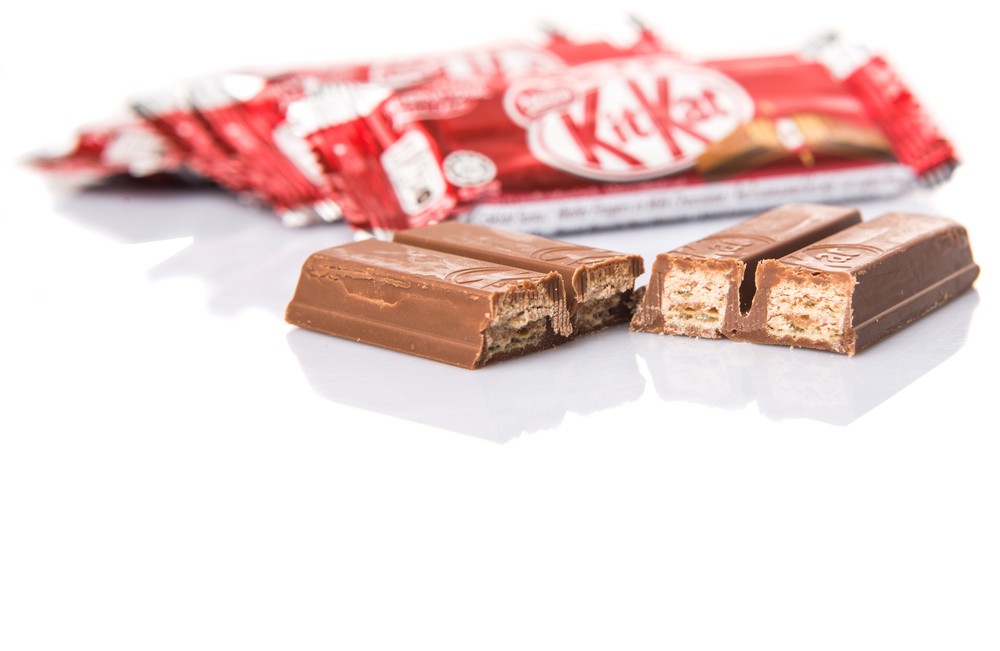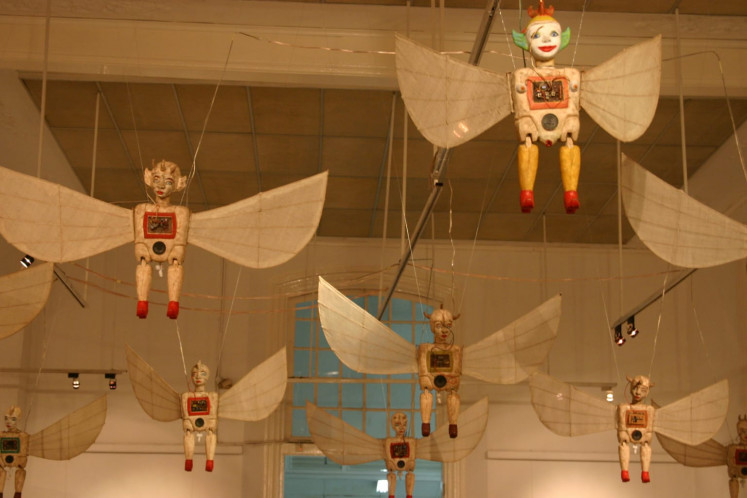Popular Reads
Top Results
Can't find what you're looking for?
View all search resultsPopular Reads
Top Results
Can't find what you're looking for?
View all search resultsNestle loses appeal in trademark case over Kit Kat shapes
Are the two-finger and four-finger shapes of Kit Kat chocolate bars entitled to trademark protection here and can it be used to effectively stop others from marketing goods of a similar shape here?
Change text size
Gift Premium Articles
to Anyone
A
re the two-finger and four-finger shapes of Kit Kat chocolate bars entitled to trademark protection here and can it be used to effectively stop others from marketing goods of a similar shape in here?
The answer is no.
The Court of Appeal, in a written judgment Thursday, affirmed an earlier decision by the High Court which had thrown out Nestle's suit against Petra Foods over an alleged trademark infringement.
Kit Kat chocolate wafers are made by Swiss food and beverage giant Nestle.
Nestle had registered the two-finger and four-finger shapes of its Kit Kat bars as trademarks in Singapore. It sued Petra, which makes similarly shaped chocolate wafers marketed under the brand Take-It, for trademark infringement.
Petra, represented by Senior Counsel Davinder Singh and Mr Dedar Singh Gill, counter-sued to invalidate Nestle's registered shapes, arguing that they cannot be considered trademarks under the law.
In 2014, the High Court dismissed Nestle's claim and allowed Petra's counterclaim.
Nestle appealed.
(Read also: Mind the chocolate gap: Britons grumble as Toblerone shrinks)
On Thursday, a five-judge appeals court, in an 85-page judgment delivered by Chief Justice Sundaresh Menon, unanimously dismissed the appeal.
The court ruled that Nestle's shapes lacked inherent distinctiveness and had not acquired distinctiveness through use.
Distinctiveness is a concept in trademark law which denotes that a particular mark acts as a badge to the consumer to indicate the origin of the goods. While the average consumer recognized the shapes and associated them with Kit Kat, the court said Nestle had failed to show that the average consumer treated the shapes as a guarantee of origin.
The court ruled that the shape of Kit Kat bars cannot be granted trademark protection as the shape is necessary to obtain a technical result. Petra's lawyers had argued that the slab shape was necessary for efficient mass production.
In any case, even if the shapes had been validly registered, they would have been revoked because while they had been commercially exploited, they had not been used as trademarks.
This article appeared on The Straits Times newspaper website, which is a member of Asia News Network and a media partner of The Jakarta Post











